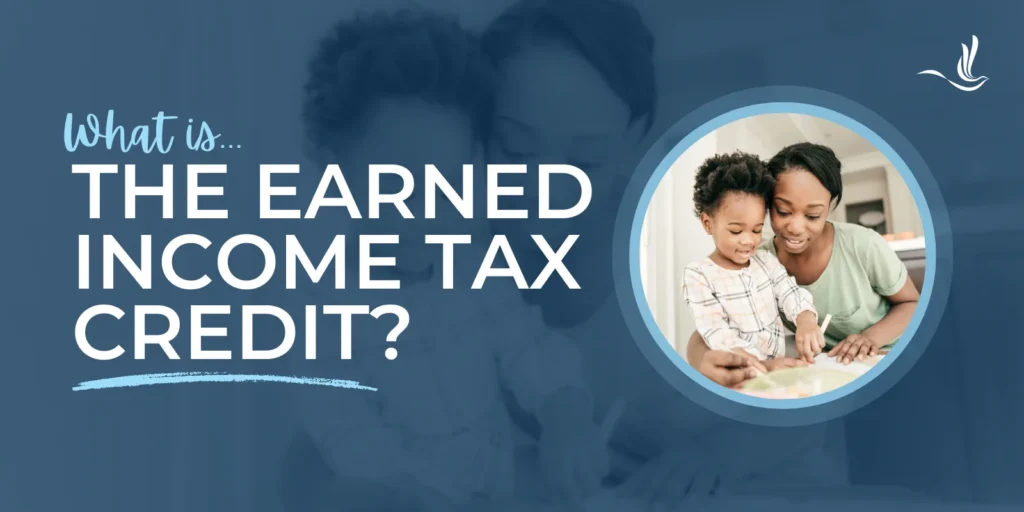
The Earned Income Tax Credit (EITC) is a significant tax benefit designed to support low to moderate-income working individuals and families. Enacted in 1975, the EITC aims to reduce poverty by supplementing the earnings of those in lower-income brackets, encouraging work, and lessening the tax burden on eligible taxpayers. Here’s a closer look at what the EITC is, who qualifies, and how it can be beneficial.
What is the Earned Income Tax Credit?
The EITC is a refundable tax credit, meaning that it can reduce the amount of tax owed to zero and any remaining credit amount can be refunded to the taxpayer. The credit amount varies based on several factors, including the recipient’s income, marital status, and number of qualifying children.
Eligibility Requirements
To qualify for the EITC, taxpayers must meet specific criteria, which generally fall into four categories.
Income and Investment Limitations
Taxpayers must have earned income below certain thresholds, which are adjusted annually. Remember, earned income includes wages, salaries, tips, or income from self-employment. Additionally, investment income must not exceed a specified limit. Here are the maximum amounts you can earn to qualify for the EITC.
| Number of Children | Max Credit Amount | Max Income: Married Filers | Max Income: Single, HoH, Widow |
| 0 | $649 | $26,214 | $19,104 |
| 1 | $4,328 | $57,554 | $50,434 |
| 2 | $7,152 | $64,430 | $57,310 |
| 3 or more | $8,046 | $68,675 | $61,555 |
In addition, you cannot have investment income over $11,950 in 2025.
Filing Status
The EITC is available to taxpayers filing as single, married filing jointly, head of household, or qualifying widow(er). However, individuals filing as married filing separately are not eligible for the EITC.
Residency and Citizenship
Taxpayers must be U.S. citizens or resident aliens for the entire tax year and have a valid Social Security number. They must also live in the U.S. for more than half the year.
Qualifying Children
While the EITC is available to taxpayers with and without children, those with qualifying children receive a higher credit. A qualifying child must meet certain criteria related to age, relationship to the taxpayer, residency, and joint return.
Calculating the EITC
The amount of the EITC is determined using a formula that considers earned income and adjusted gross income (AGI). The credit increases with earned income up to a certain point, after which it plateaus and then gradually decreases as income continues to rise. The maximum credit amount varies based on the number of qualifying children.
- No children: Lesser credit amount, reaching a maximum with relatively lower income levels.
- One child: Higher credit amount.
- Two children: Even higher credit amount.
- Three or more children: The highest credit amount.
Benefits of the EITC
The EITC offers numerous advantages for eligible taxpayers. By supplementing earnings, the EITC helps lift working families out of poverty, providing them with additional income to cover essential expenses such as housing, food, and education. The EITC also encourages employment by rewarding individuals and families who earn income through work. As a refundable credit, it can significantly reduce the amount of taxes owed and even result in a refund, offering substantial financial relief to low-income taxpayers. Finally, it stimulates local economies by increasing the spending power of recipients. This, in turn, can benefit businesses and contribute to community development.
How to Claim the EITC
To claim the EITC, eligible taxpayers must file a federal income tax return, even if their income is below the filing threshold. They must complete and attach Schedule EIC to their Form 1040, 1040A, or 1040EZ. It’s essential to provide accurate information to avoid delays or denials, as the IRS scrutinizes EITC claims to prevent fraud and ensure proper disbursement.
Tax Help for Those Who Claim the EITC
The Earned Income Tax Credit is a powerful tool for supporting working individuals and families with low to moderate incomes. By providing financial assistance and incentivizing work, the EITC plays a crucial role in reducing poverty and promoting economic stability. Understanding the eligibility requirements and how to claim the credit can help taxpayers maximize their benefits and improve their financial well-being. Optima Tax Relief has over a decade of experience helping taxpayers with tough tax situations.
If You Need Tax Help, Contact Us Today for a Free Consultation